NetRefer’s Cultural Traveller – Michael Takes Us to The Roads Less Travelled in South Africa
Michael Tiltmann – our tenth Cultural Traveller – is an Account Manager at NetRefer. Michael, who’s South African, hails from East London. Michael moved to Malta after landing his current job with NetRefer. He enjoys the relaxed lifestyle and climate here in Malta, but when we asked him to open up on his native land, he had a lot of fun stories and interesting travel tidbits to share.
South Africa is a beautiful blend of sprawling natural landscapes with rich wildlife, azure beaches teeming with whales and other impressive marine life, a kaleidoscope of cultures and ethnicities, highly modern downtown, and some of the best “Braais” in the world! There really is something for all kind of traveller. Join us as Michael takes us on a mental tour of South Africa and shares with us some great insider tips on what makes South Africa a must-visit destination!
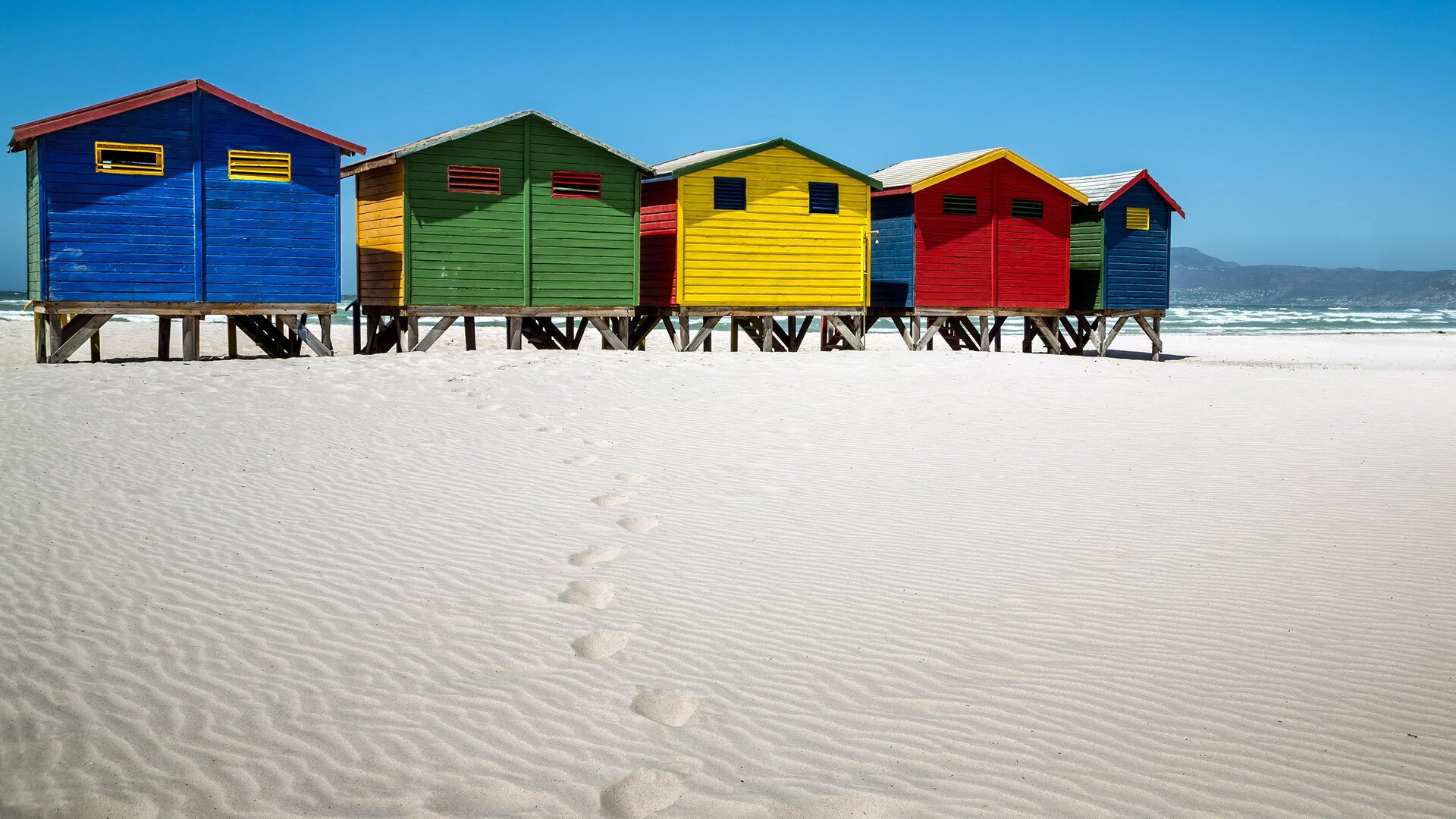
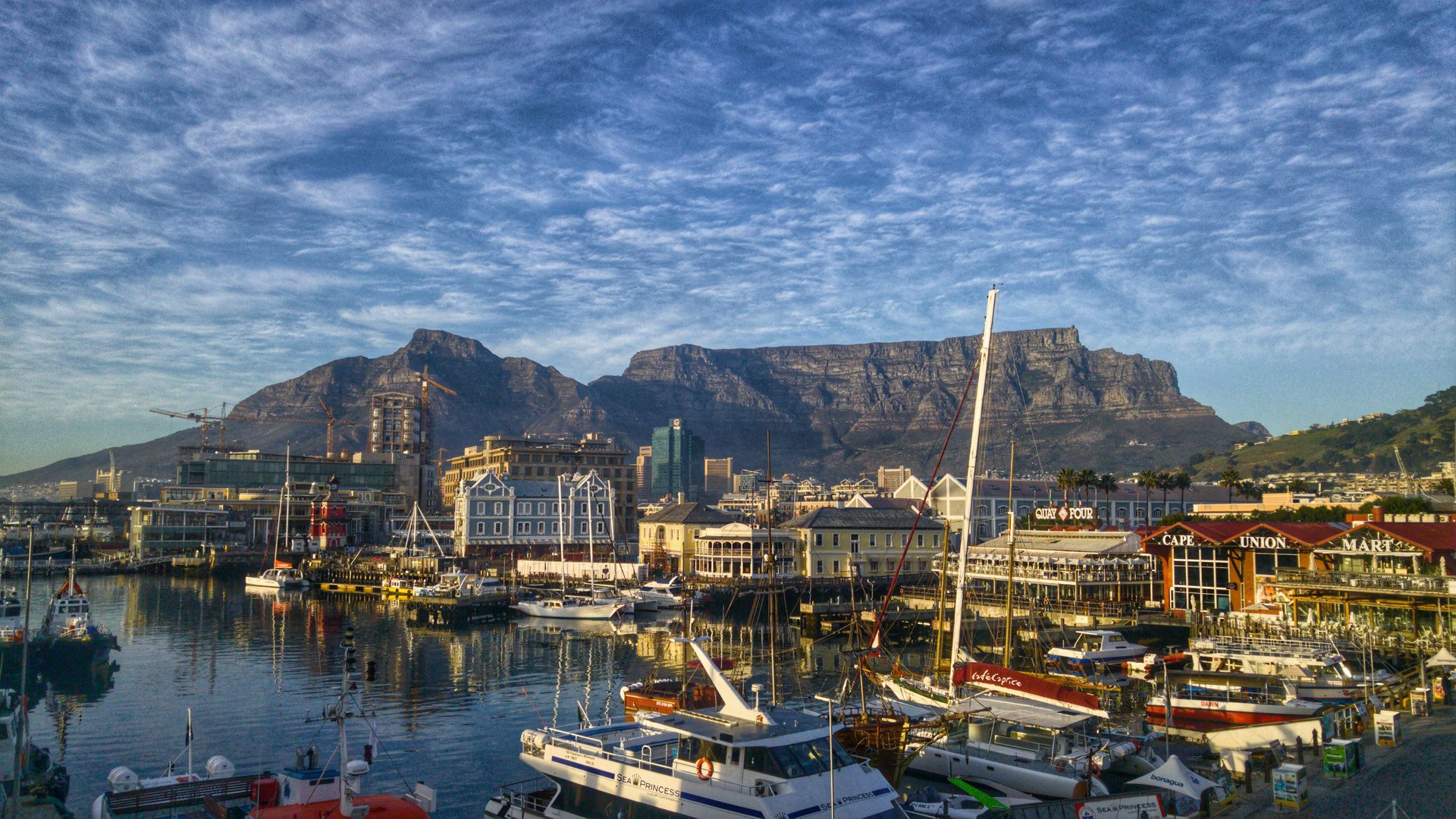
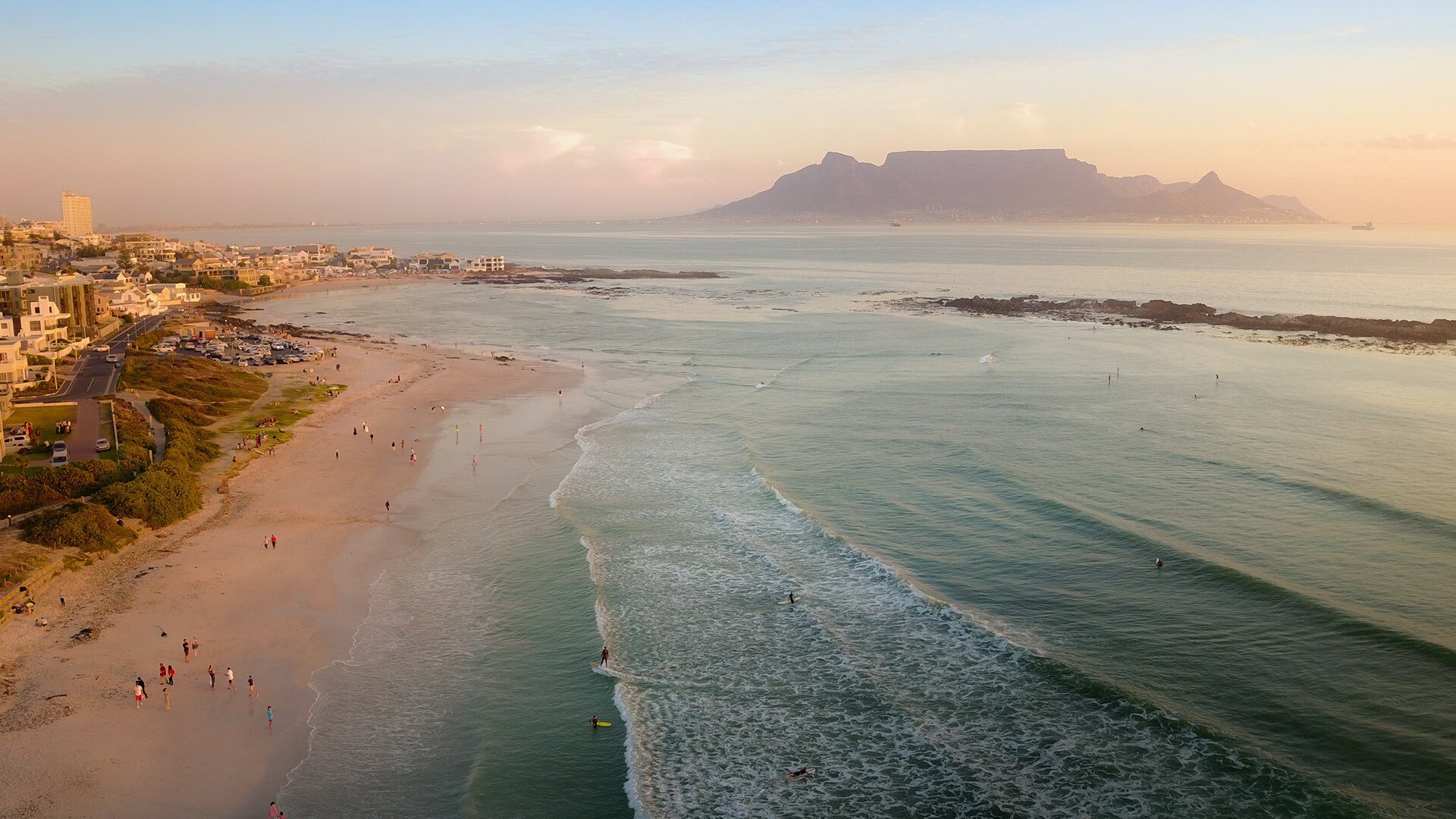
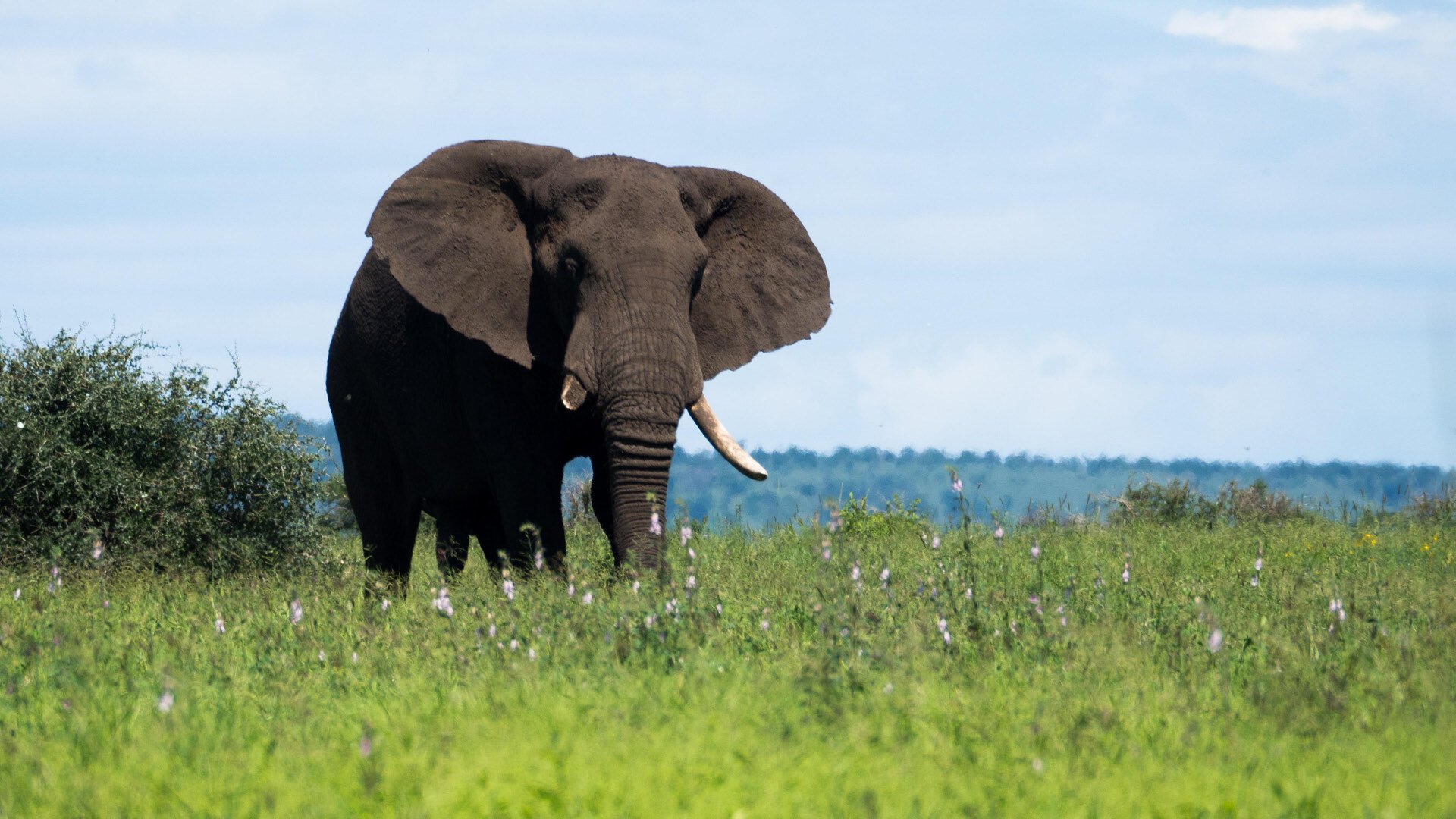
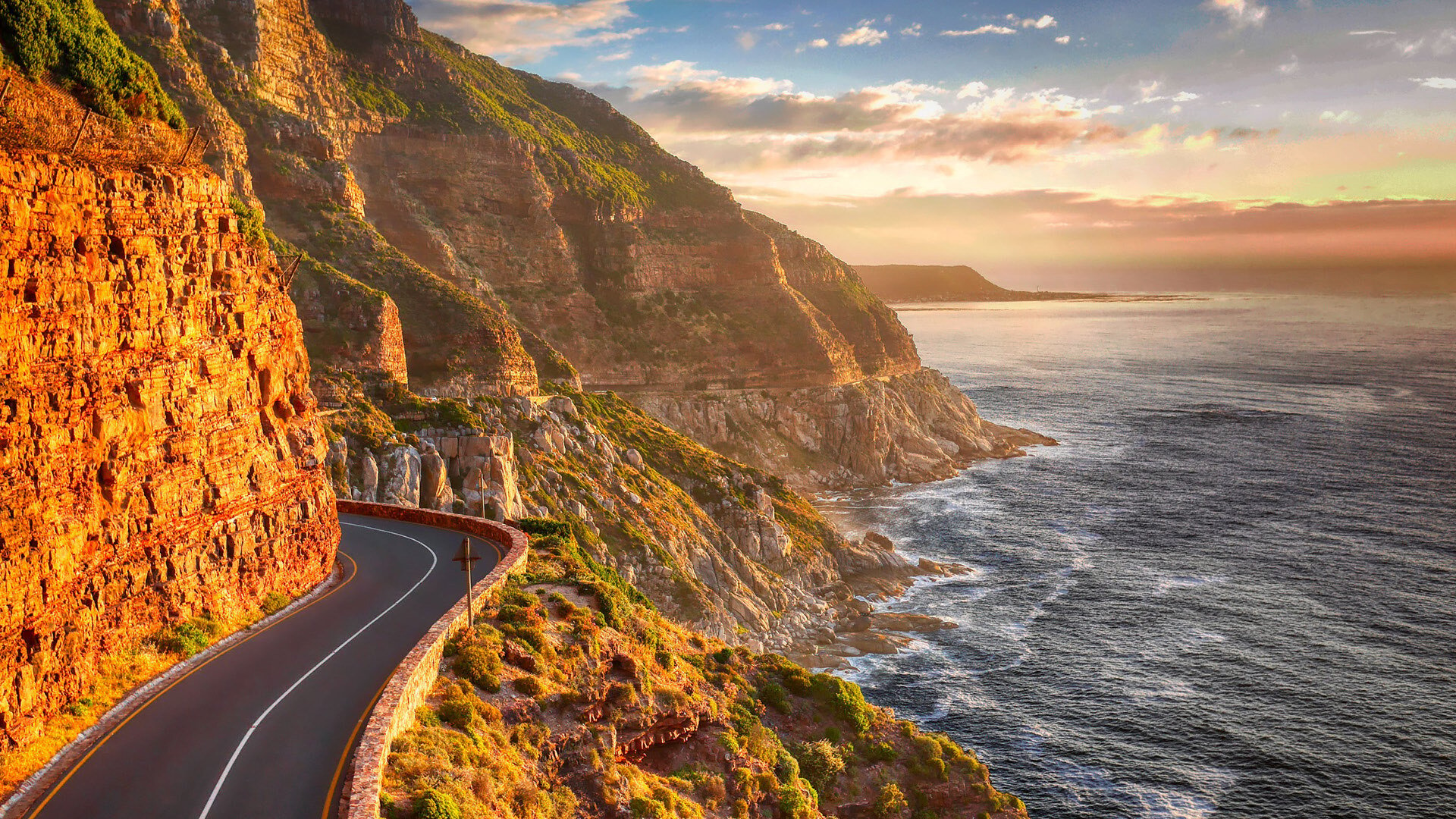
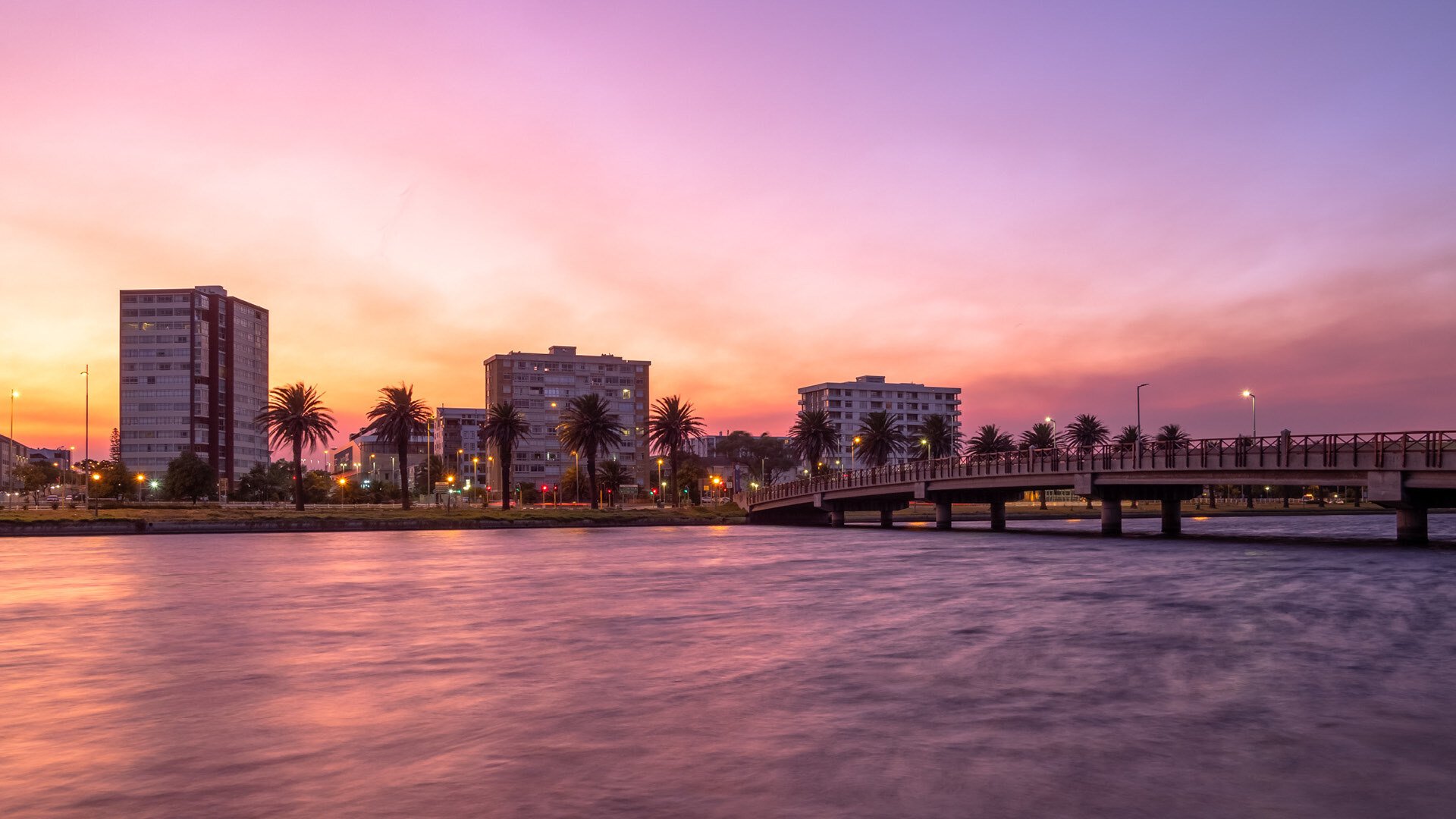
1. What makes South Africa unique?
It has a diverse population with so many different cultures. From the dark times of the Apertheid to the democratic election and Nelson Mandela taking over, things have changed dramatically. Anyone from any ethnic group was finally able to walk the streets together and communicate without being segregated.
There are 11 national languages in South Africa. That makes it unique. Some languages cross over in terms of sharing words and expressions. But there’s a lot of respect for each language and culture behind it. Cultural traditions are very much kept alive and given space to breathe. Each individual holds dear their original language and culture – their identities. They have their own specific practices – referred to as cultural heritage – which they practice.
Another thing that’s unique to South African culture – is “braaing” – the equivalent of BBQ. It’s a social activity, some people do as often as every weekend. They get together, “braai”, drink beer, and often watch rugby (considered the national sport).
Biltong is also unique to South Africa. It’s a particular method of curing dry meat. You’ll also find this served at a braai often. This is why South Africans call it ‘BBB’ – Braai, Billtong and Beer.
2. What are some of the features that set it apart from surrounding countries?
Unfortunately, most surrounding countries aren’t as wealthy as South Africa. This is why South Africa provides assistance in the form of electricity, petrol, and other necessary resources.
Like Nigeria, South Africa is one of the business hubs of Africa. But unlike Nigeria, which focuses more on producing oil, our harbours allow for a lot of import and export. Industries like farming and wine pressing – especially in Stellenbosch -are the most prevalent in South Africa, and a lot of what is produced is exported.

3. What are staple historical sites any visitor should see in South Africa? How about ones off the beaten track?
Table Mountain in Cape Town is a well-known historical site. It’s considered one of the wonders of the world.
There are also several statues commemorating Nelson Mandela in Pretoria. Robben Island in Cape Town is also a good touristic spot. This is where Nelson Mandela was incarcerated.
Soweto is also a good destination to experience Nelson Mandela’s life. His house is still standing there. And generally, South African culture is still thriving there.
4. If someone’s a foodie, any particular types of food or drink and spots to try them out you’d recommend? How about if you’re a sweet tooth? How about food tours?
In Durban, there’s a South African Indian culinary crossover known as Bunny Chow. This area has the largest population of Indians outside of India per capita. This dish is not the healthiest but sure is one of the heartiest. You take half a loaf of bread, hollow out the crust, and fill it with meat and sauce. Then, you take pieces of bread and dip them in.
There’s a variation in Cape Town – called Gatsby – and one in Johannesburg. These ones use a French loaf.
While South African diet is mainly meat-based, you’ll also find a lot of vegetarian and vegan options, especially in the cities nowadays, due to being very cosmopolitan, with Cape Town being mostly so.
In Cape Town, you’ll also find a lot of fresh seafood since it’s a coastal city. There are a lot of restaurants serving seafood specialties.
As for desserts, one of the favourites is Milk Tart. There’s also Koeksisters, similar to donut of sorts. It’s fried dough infused with syrup and honey. Then – a personal favourite – Malva Pudding. It’s a spongy kind of cake served with custard and ice cream. And finally, rusk. A hard, sweet kind of biscuit you can dip in coffee or other hot drinks.
You can also add wine tasting activities in Stellenbosch if you want to try some of the best wines made in the country.

5. If you were an outdoors/trekking type of person, where would you go?
Cape Town has plenty of hiking routes, especially going up the mountain. There’s another side of Table Mountain called Lion’s Head with a lot of attractive hiking trails.
Outside of Johannesburg, there’s a place called Magaliesburg. Here as well, you can hike up the side of the mountain. Then, it gets flat and you can walk towards the waterfall there. You’ll be walking through a forest and come out from the other end.
Cape Town is on the coastline and it’s very green. It gets dry in summer and there are many grassfires happening at that time. Durban, on the other hand, is a lot more tropical and humid. It rains quite a lot there.
One safety tip to keep in mind is that there are baboons. These are dangerous. You’ll usually hear their calls (somewhat similar to a dog’s bark but lower). If you encounter one, you don’t run away from it but walk away slowly as you continue to face it. Do not turn your back on a baboon. While baboons are herbivores, they’re very strong and highly violent and aggressive.
South Africa is also famous for its natural reserves. Kruger National Park is the most popular one. You can drive through or go on a safari, and see the “Big 5” animals (lions, leopards, rhinos, elephants, and buffalos). It’s about a 4-hour drive from Johannesburg and it’s a must-visit.
Transkei is a state within South Africa that’s also covered in lush green land – something outdoor and nature lovers will relish.
In the Western Cape, there’s The Garden Route. Its name is inspired by its picturesque and lush greenery.

6. If you want to go on an art/cultural tour, what are some good spots to visit?
The area called Maboneng in Johannesburg is rich in art, culture and history. There’s the Nelson Mandela Bridge and quite a few galleries. Many artistic people showcase their art there, so you’ll find a lot of contemporary works. It’s also popular with musicians, so you can catch a lot of live music there too.
The only thing to keep an eye out for in this area is pickpocketing as it tends to be common here.
In Cape Town, there are also quite a few spots as well for art and culture, even if not as many as in Maboneng.
7. Is there a good public transport infrastructure? What is the best way to get around town?
No, the public transport infrastructure is generally unreliable. Buses owned by the government tend to break down a lot.
Then, there are train and buses run by the company PRASA. These, on the other hand, are reliable and efficient. You get a prepaid card to pay your fare. The train doesn’t go everywhere in Johannesburg, but it takes you to most of the main stops. What would usually take you around 45 minutes by car (such as the ride between Sandton and the airport) will take you only 12 minutes by train.
Another main form of transport to get around if you don’t own a car is either Bolt or Uber.
In the more rural areas, there are minibuses referred to as taxis. Most of these are used by underprivileged people and tend to be road-unworthy, and at times, the drivers don’t have licenses. These are not recommended for several safety issue reasons.

8. What are the best seasons to visit South Africa? And does it change a lot from one season to another?
Yes, it does, depending on where you are. The climate is very diverse.
Durban, for example, is quite humid and warm in summer. It’s tropical and very green in general. Winters there are not freezing cold, but they tend to have heavy downpours in autumn. Recently, there were cases of flooding in the area that made the news.
Johannesburg is hot and dry in summer but bitterly cold in winter. It only snows outside the city. However, in the area in between Johannesburg and Durban – Drakensberg – it tends to snow in winter.
In Cape Town, summers are beautiful but winters are horrid. In winter, it’s windy, it rains a lot. In summer, it’s warm but not too hot or humid as in Durban. Cape Town is particularly famous for its amazing beaches and beach resorts. Clifton Beach, with its white sand, is top of the list. Another two great ones are Hermanus and Hout Bay.
A very cool activity to enjoy just off the shore of Cape Town is whale watching. And if you’re feeling daring, you can also do shark diving.
Just outside of Durban, there’s another attractive beach called Ballito.
9. What are some customs/manners/expressions one should know when visiting?
“Howzit?” is used instead of saying “Hello” colloquially in South Africa.
Then, they say “Ja-Nee” meaning “Yes-No”, which is a non-committal response used to leave an answer open-ended.
In some areas, they will greet you by saying “Awe”, which means “How’s it going?”
If someone says; “I’ll do it just now.” This can be confusing because it means that the speaker will probably not do it.
As far as customs go, generally, people are very polite in South Africa. You thank people for giving you the right of way.
When you meet a couple, it’s customary to greet the man first.
An old yet surviving custom is called Lobola. When a couple get married, the bridegroom pays the family of the bride an amount proportionate to his social standing for her hand.
Also, an old but important custom is to show respect to the elderly.

10. What kind of nightlife can visitors enjoy? Any locales you’d recommend for that?
In Cape Town, the Waterfront is very popular. You’ll find plenty of restaurants – especially ones serving delicious fresh seafood – as well as other entertainment points of interest, like a Ferris Wheel. The atmosphere is always lively at night – live music contributes a lot to that.
Again, in Cape Town, there’s a street called Long Street with even more great restaurants and bars. And similarly, in Johannesburg, there’s a place called 4th Avenue. Regardless of what kind of cuisine pleases your palate, you’ll find a vast assortment of international cuisine, contributing to the culturally rich and varied atmosphere.
Maboneng – the downtown artistic area – also takes on new life at night. Once again, you’re spoilt for choice with a vast selection of interesting restaurants. Since it’s a university town, a lot of students hang out here at night, so there’s a lot that caters for them.
11. What activities do you recommend for people travelling with kids?
Most of the natural reserves mentioned already are perfect destinations to go with the kids. So once again, Kruger National Park, which is amazing for safaris. Inside and outside the park, you’ll find amenities like restaurants, accommodation, and more.
Then, Transkei and The Garden Route. The Garden Route – just like the Transkei – offers visitors a picturesque setting, with beautiful nature. Here, you can experience bungee jumping, ziplining, and see the tallest tree. You can take a boat ride and view spectacular rock formations in the water as well. In the same area, they hold an oyster festival.
And worth mentioning again is whale watching – an impressive spectacle for the kids.
Another fun activity is going on a boat ride starting in Cape Town. The boats there have a glass bottom so you get an underwater safari kind of experience. There’s a boat trip that goes to Seal Island – where you can see seals – and another one to Robben Island – where you can go for a cultural tour using hop-on hop-off buses.
Then, you can include Monkeyland on the southernmost ridge of South Africa. And for some more close-quarters experience with animals, you can visit the ostrich farms in Oudtshoorn. This last one also offers some intriguing cave tours. Other unusual farms include crocodile farms and cheetah farms.

12. How easy is it to make friends with the locals?
Generally, South African people are very friendly, approachable, and helpful. This counts for most areas. Tourists can rest assured that they’ll find someone to help them when they’re in difficulty.
13. How safe is South Africa? And are there any specific areas to look for hotels and ones to avoid?
South Africa is moderately safe. You just have to stay aware. For example, it’s not a good idea to be walking out on the street with your phone out, totally oblivious to your surroundings.
When you have your phone, keep it close, and if you see a group of people walking towards you, put it in your pocket and keep your hands in there too. If someone bumps into you on a crowded street, you won’t even notice if they take it away from you.
If you’re driving and you stop at the traffic lights, don’t keep your phone or bag in sight. Put them under your seat if you can. There are a lot of people begging for money at the traffic lights. And sometimes, some of them may be spotters. They may go as far as breaking your window to grab something of value, or even steal your vehicle. Luckily, however, this isn’t all that common.
In Johannesburg, it’s generally ill-advised to walk around alone at night, especially if you’re a female. Hillbrow, especially, is a dangerous area in the city because that’s were a lot of gangs hang out.
Also, certain rural areas in Alexandria and Soweto are best avoided.
And in Cape Town, there’s an area called the Cape Flats, which is also notorious for gangs.

14. Is it acceptable to haggle or is it considered rude?
Yes, you can do that at markets but not at established shops. Prices at markets are set high to start with. So, you’re expected to bring them down.
15. What are the best beaches to go for a swim? How about ones for partying? If the same beaches are used for both purposes, does this change from one season to another?
Clifton Beach and Camps Bay mentioned earlier. The water might be slightly cold since they’re on the ocean. But then, the water in Durban is warmer. There, you’ll find Ballito as well as the Durban main beach. And in another part of Durban, there’s also Umhlanga.
It’s good to keep in mind, though, that when swimming in most areas in South Africa, there’s the risk of encountering sharks.
And if you’re looking for beach parties, Ballito is the number one place for parties. Clifton area and Camps area are the next best choices. Long Street mentioned earlier goes through sea point and the waterfront (mentioned earlier).
16. What are some less mainstream souvenirs travellers should look for?
You can get traditional African crafts and artefacts like beadwork among other things. Then, since South Africa is famous for wine, you can find an excellent selection.
If you walk along the beach in Cape Town, you’ll find vendors selling all sorts of interesting souvenirs.

17. What would you recommend to tourists who want to take boat rides/tours around the city?
As mentioned earlier, you can take a boat ride in Harmanus to experience whale watching. Another great one we mentioned earlier is a boat ride to Seal Island in Cape Town. And for the brave, shark diving. Another popular boat ride takes you close to the rock head formations in Knysna.
One fun boat ride you will want to keep an eye out for is a pirate ship ride – The Jolly Roger Pirate Boat. It’s usually an old-style ship and the crew on it will be dressed up as pirates. This is also one that’s fun for the kids.
And just like there are hop on hop off buses, you can find hop on hop off boats that take you to several destinations.
Generally, there are a lot of boat ride tours in South Africa. You can jump on most of these at the waterfront.
18. Where can tourists go for shopping? And what kind of things can they shop for?
Sandton City in Johannesburg has the biggest shopping complex you can find. It’s easily accessible in a number of ways and very safe to walk around in.
Then, in Cape Town you’ll find many more smaller shops. Many people make their own things – crafts and artisanal items – and sell them here. These shops line smaller streets than the ones you’ll see in Johannesburg. All in all, Cape Town has kept its more traditional and cultural identity.
19. What are some festivals or concerts to look out for? How about local fiestas/festas?
There are several culturally themed festivals, especially in Cape Town. Among them, the National Arts Festival stands out. This one is held between late June and early July. Also, another one of the most colourful festivals is Cape Town Minstrel Carnival, held early in January.
Then, for music festivals, many radio stations tend to organize and promote such festivals. Among several South African music festivals, Afrikaburn really deserves being mentioned. This is the South African equivalent of The Burning Man, happening late May through early April.
And for those who prefer Jazz music, Cape Town Jazz Festival is a world-class festival bringing together artists from all over.
One last festival worth checking out is Knysna Oyster Festival happening between June and July.

20. What extreme sports can you try in South Africa?
Shark watching/diving is a big one. Bungee jumping is also a popular one, with a lot of spots for this along The Garden Route. There are two towers in Soweto also popular destinations for people wanting to do bungee jumping. Then, white water rafting in the rapids of Eastern Cape. Also, ziplining.
If you’re keen on outdoors and you want an adventure sport that suits you, you can go hiking in Kruger National Park. In this case, you’ll go with a guide. And it’s standard practice to carry a gun as there are wild animals in the area.
There’s a place called Tiffindell, where it gets particularly cold in winter. They produce their own artificial snow there, and it’s possible to practice some winter sports.
21. What’s the most popular sport in South Africa? If you’re a fan, what’s the best time of the year to be there to catch pro level matches?
Rugby is the most popular sport in South Africa. South Africa holds three world cups.
Nelson Mandela used rugby to bring the country together. He made sure that everyone, regardless of ethnic background, was allowed to come together in the stadium.
Join the colourful, diverse team that is NetRefer. Meet other Cultural Travellers, share your experiences and make many more memorable ones. You belong here!
